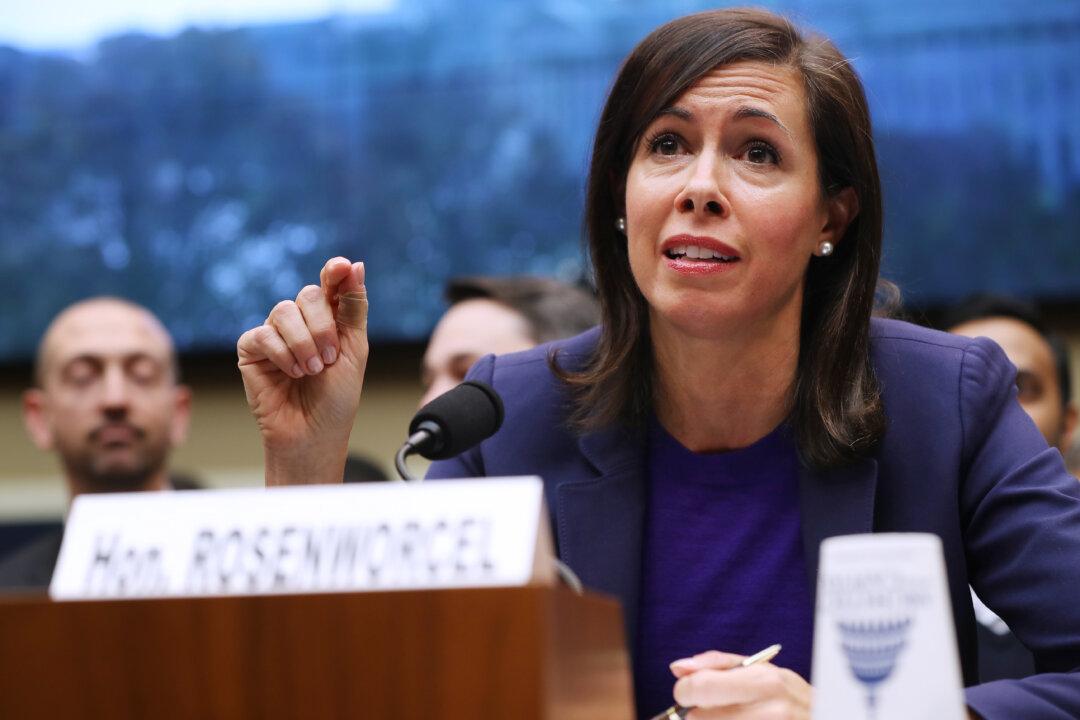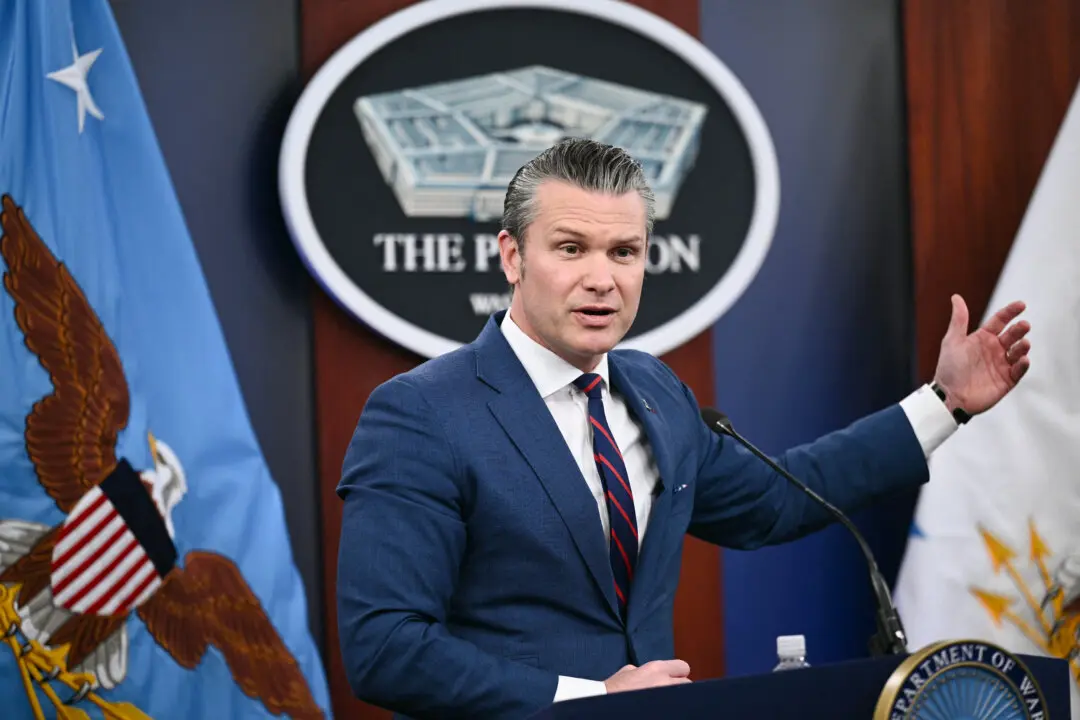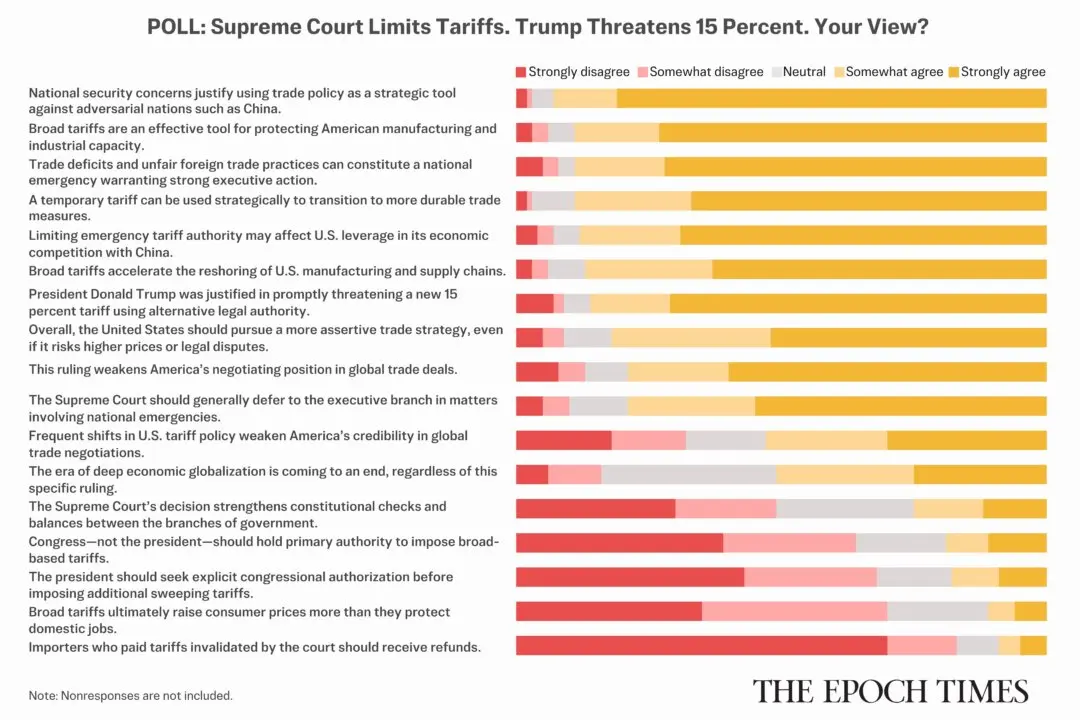Republicans and a Federal Communications Commission (FCC) official have expressed concerns about the Biden administration’s attempts to increase regulatory control over the Internet and affiliated services.
In a recent hearing before the Communications and Technology Subcommittee on Nov. 30, FCC Chairwoman Jessica Rosenworcel faced scrutiny from House Energy and Commerce Full Committee Chairwoman Rep. Cathy McMorris Rodgers (R-Wash.) and FCC Commissioner Brendan Carr.





